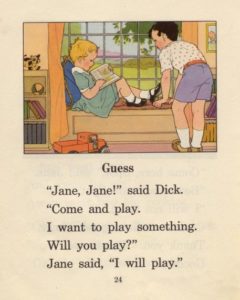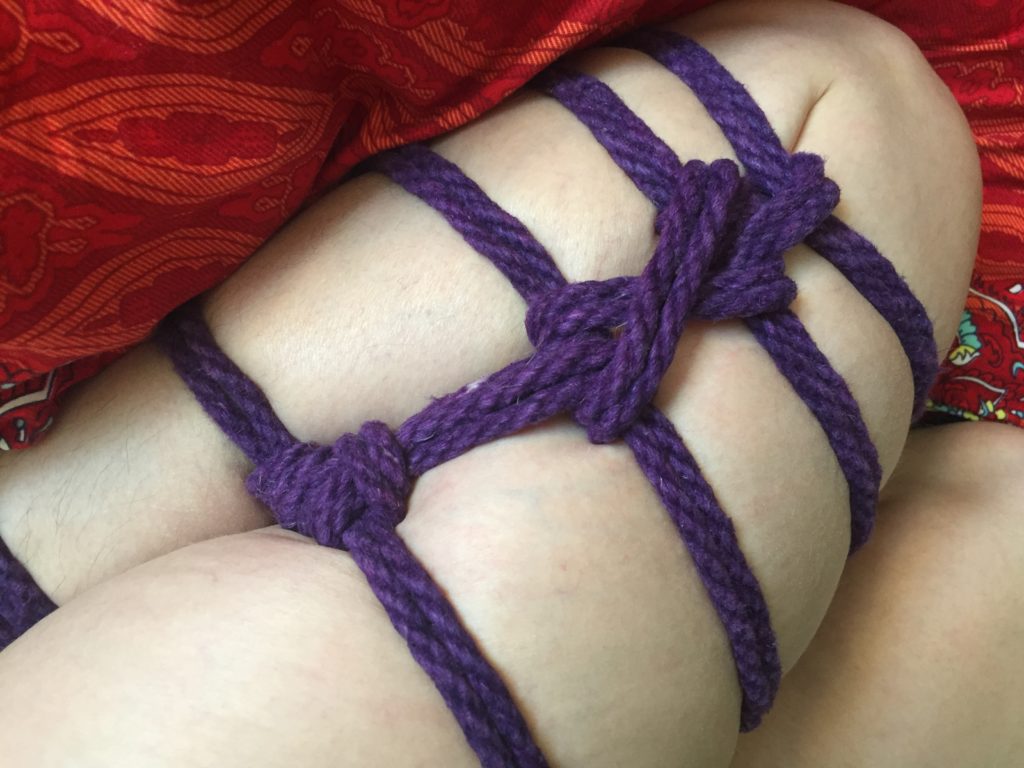I didn’t have an allowance for most of my childhood. At some point I was regularly given a small amount of lunch money. It was to be used when I was hungry for food. This “allowance” was not tied to whether or not I did my chores. My social freedom was tied to whether or not I did my chores.
As I got older I started to need more money to keep up with my friends. My parents didn’t have extra income, so like most kids in low income families I was told it was time to get a job.
I am still a very low income earner, making much less than the poverty line year after year. In some ways these days, I choose to because I would rather spend my time, energy, mental, and bodily resources on being an artist instead of giving up those things up in order to have more money. Artists who aren’t commercial in their approach to art don’t usually benefit much financially. I have too much to say about sex, gender, identity, inequality, and other non-commercial realities to fit in there. Struggle is a part of my journey.
You could say I was “forced into the fast food industry” as a teenager, and then retail, and then hospitality due to poverty. I didn’t have parents with connections to well paying summer jobs, I had no uncle who I could work in “the office” for and make connections through, I had no friends whose family owned a theater I could direct or run a youth program at… If I wanted to socialize with my friends I needed to make money however I could, and after hitting the pavement with my short resume, Dairy Queen was the first realistic option I had. They were willing to work with my summer theater schedule as long as I covered my shifts if there were conflicts (though later they fired me for getting too many of my shifts covered). That was my first job. Later in life I would need money for rent and utilities and whatever I needed money for — this is our capitalist reality.
I have a specialized degree in acting, as well as continued education in my field. My career is in the arts, and I’ve also been a sexuality educator for nearly 20 years, which started as a retail job in a sex store during college. I owe lots and lots of money to college lenders, and I’m not in a financial position to pay them back. I work hard, I work with passion, and I work a lot. I’m good at what I do and I’ve fought my entire adult life to carve out enough gig-based self-employment to keep me afloat. Naturally (I am an actor, after all) some forms of sex work have made their way into my gig economy. The ways I’ve taken on sex work in my life have been mostly affirming, definitely educational, and they’ve aided me in having the time and space I need to continue doing the work I’m passionate about while supporting myself. Most recently sex work in tandem with producing my art has helped me move from living on the road in a van, to living in an apartment with more space and definitely more expenses.
Being forced into sex work because of poverty is not consent. It’s economic coercion! If women really choose prostitution, why is it mostly marginalized and disadvantaged women who do? ~Unknown SWERF
I came across this quote recently. SWERFs (Sex Work Exclusionary Radical Feminists) are a subset of people within “feminism” who believe sex workers are anti-feminist. Personally I think SWERFs and TERFs (Trans Exclusionary Radical Feminists) are anti-feminist. The notion that a woman (or anyone) should not have a right to autonomously choose with whom, how, and under what conditions to have sex or perform sexuality is ludacris if you call yourself a feminist.
Sex work is one of the only types of work held to this standard. Where in our national conversation about almost every minimum wage job do we ask these same questions? Who’s going around asking if the workers in factories, fast food establishments, farmers, dive restaurant wait staff, or any other backbreaking, demoralizing, or dirty job clientele needs to be freed from their undesirable situation? Instead the pacifying ideology, “A job is a job, you do what you need to do to pay the bills” is what echos when discussing the shitty parts of being the working poor — a growing class in today’s economy. It seems as though only when speaking of sex work does the conversational tone radically shift and the party line become, “Why would you resort to such a thing?!”
Let me be clear: after making money in the sex industry I am much less exhausted physically and morally than I ever was waiting tables.
Sexual autonomy is freedom. For the pyramid scheme which is capitalism to work it can’t have women, transpeople, people of color, and other marginalized plebeians “making their’s”, and thereby wriggling out from under the thumb of poverty and economic slavery. You’d never be able to control the masses if it caught on that sex work is work and some people (often marginalized and disadvantaged people) actually choose it as their industry. Add to this political circus-of-oppression a kickline of “feminists” singing a song of victimization and then letting loose the battle cry of “no cis woman ever wanted to grow up to be a sex worker!”, and there seem to be even less women standing up for women’s sexual autonomy and freedom from capitalist chains. Sex workers (of all sexes and genders) are often seen fighting for women’s sexual autonomy more openly and radically than their middle or upper class elite “intellectual” feminist counterparts. I assume this is because most sex workers know what it’s like to fight the patriarchy face to face within their own industry day in and day out without the respect of their non sex worker sisters at day’s end. I’m sure sex workers may also care less about what society has to say or whether they’ll lose their job for speaking out, though there are many other dangers in revealing your SW identity, especially today in the US. It’s hard work to peel back the layers of shame and insecurity we’ve all been vested with and walk boldly into the career choice of a sex worker, illegally or legally employed.
To answer the quote above more directly: sure, it’s not wholly untrue that frequently people choose to engage in sex work of one kind or another because of economic coercion. However if you fix the system that coerces people into entering sex work, you must then make space for and respect the people who continue to do sex work because they choose to. What then? Well, let’s actually start giving consensual adult sex workers what they want.
What sex workers want is decriminalization. Sex workers and almost all clients of sex workers want sex work to be safe, chosen, consensual, not trafficked, nor coerced. Sex workers want to be able to go to the authorities when there’s a reason to without worrying about arrest, rape, interrogation, disbelief, or any other violent manifestation of whorephobia. The “Craigslist Killer” was caught in part because sex workers were able to openly go to the police with their information during the period of time Rhode Island had decriminalized indoor sex work. Rates of STIs and rape in the general population went significantly down during this time too.
Decriminalization is a healthier legal choice within a world which has never, historically, been without sex workers. Sacred sex workers have been part of the church and played important roles in politics in past civilizations. Sex workers are often sexuality educators, and help clients who haven’t been sexually educated become so, including becoming better socialized at navigating the subject of sex within society and their own personal communities.
Sex workers want sex trafficking to end and for victims of these crimes to get the care, attention, and resources they need. Sex workers want sex traffickers and anyone else who makes adult consensual sex work unsafe dealt with by the law.
Imagine if all the people in jail for non-violent drug charges were to be let go, and instead we focused on arresting and prosecuting violent offenders, rapists, domestic abusers, and those participating in sex trafficking who are not the victims of trade. I have a feeling the prison system’s incarcerated population would on average become more white and somewhat less impoverished.
Who might be choosing sex work as their vocation in that world? Well, just like in this one, the people who are sex workers would.
Play On My Friends,
~ Creature
Please support this writing and art through my Patreon campaign.
~Thank you.


